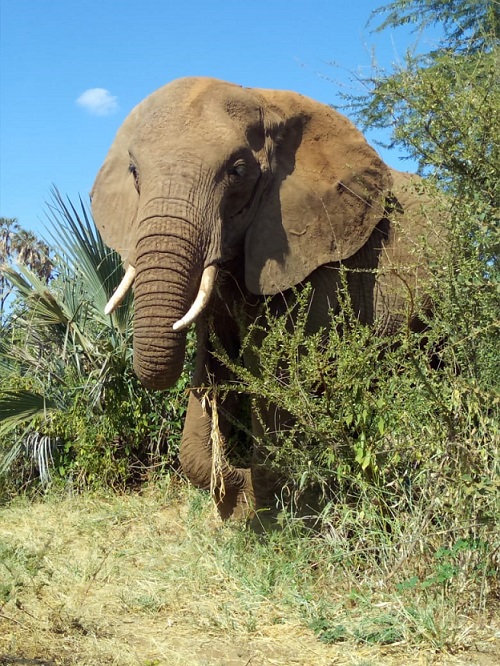Reports arriving on our desk indicate that Kenya is experiencing an “elephant baby boom.”
A case in point is the Amboseli National Part on the foot of Mt. Kilimanjaro where 170 calves were born in 2020.
In 2018, Kenya had experienced 113 new calves which is a success considering that the gestation period for an elephant is up to 2 years.
According to Kenya Wildlife Service (KWS), elephant population in Kenya has increased from 16,000 in 1989 to 34,800 elephants in 2019.
Campaign against poaching and conducive environment (increased rainfall) have been at the center of these elephant baby boom.
However, poaching has not been eradicated completely in Kenya. For instance, 80 elephants were poached in 2018 and only 34 elephants were poached in 2019.
According to the Cabinet Secretary for Tourism, Najib Balala, the war against poaching has succeeded.
https://twitter.com/tunajibu/status/1293500093388206085
Despite this promising events in Kenya, still the International Union for Conservation of Nature point out that still the African elephants are an endangered species.
According to John Wareru (Director General of KWS), human-wildlife conflicts is another risk to African elephants.
https://twitter.com/RobRobbEdwards/status/1294133806568357888
GOT a story? Contact Kerosi Dotcom on EMAIL info@kerosi.com


